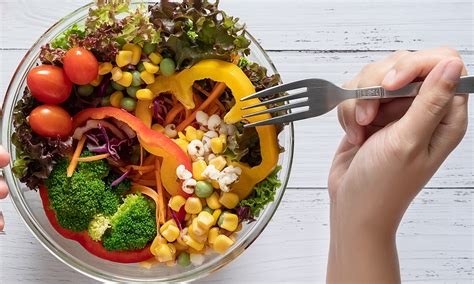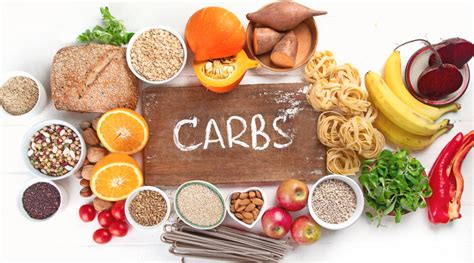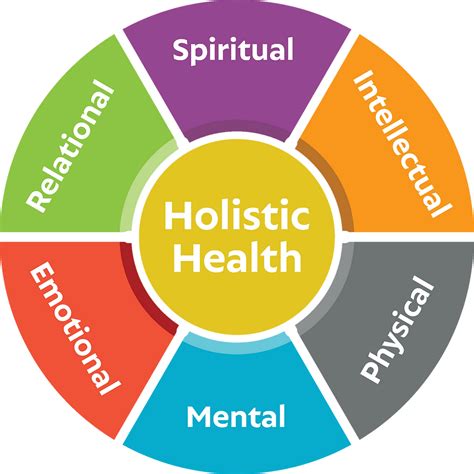Optimize diet for natural testosterone, strength, and vitality?

Fueling Your Body for Peak Performance and Vitality
In the pursuit of optimal health, strength, and natural vitality, diet stands as a cornerstone. What we eat directly impacts our hormonal balance, muscle synthesis, energy levels, and overall well-being. For men, in particular, optimizing dietary choices can significantly influence natural testosterone production – a hormone crucial for muscle mass, bone density, mood, and libido. This article will guide you through the nutritional strategies to enhance your natural testosterone, build strength, and invigorate your vitality.
The Essential Building Blocks for Hormonal Health
Achieving a robust hormonal profile, especially healthy testosterone levels, begins with a balanced intake of macronutrients: fats, proteins, and carbohydrates. While often demonized, healthy fats are non-negotiable for hormone synthesis. Cholesterol, derived from dietary fats, is a precursor to testosterone. Focus on monounsaturated and polyunsaturated fats found in avocados, olive oil, nuts, and fatty fish.
Protein is vital for muscle repair and growth, indirectly supporting strength. Aim for high-quality protein sources like lean meats, poultry, fish, eggs, and legumes. Carbohydrates provide the energy needed for intense workouts and recovery, preventing the body from breaking down muscle for fuel. Opt for complex carbohydrates such as whole grains, fruits, and vegetables.

Key Micronutrients: The Hidden Boosters
Beyond macros, specific vitamins and minerals play critical roles in testosterone production and overall vitality:
- Vitamin D: Often called the “sunshine vitamin,” Vitamin D is a pro-hormone linked to higher testosterone levels. Sunlight exposure and fortified foods are good sources, but supplementation might be necessary, especially in less sunny climates.
- Zinc: An essential mineral involved in over 300 enzymatic reactions, zinc is crucial for testosterone synthesis and immune function. Oysters, red meat, and pumpkin seeds are excellent sources.
- Magnesium: Important for muscle function, energy production, and sleep, magnesium also plays a role in free testosterone levels. Leafy greens, nuts, and seeds are rich in magnesium.
- B Vitamins: Essential for energy metabolism and nerve function, contributing to overall vitality.
Top Foods to Include in Your Diet
To put these principles into practice, incorporate the following foods regularly:
- Fatty Fish: Salmon, mackerel, and sardines are rich in Omega-3 fatty acids and Vitamin D.
- Eggs: A complete protein source, egg yolks contain cholesterol, Vitamin D, and selenium – all beneficial for hormone production.
- Lean Red Meat: Provides protein, iron, and a significant amount of zinc. Choose grass-fed options when possible.
- Leafy Green Vegetables: Spinach, kale, and Swiss chard are packed with magnesium and other essential nutrients.
- Avocados: A fantastic source of healthy monounsaturated fats, Vitamin E, and potassium.
- Nuts and Seeds: Almonds, walnuts, chia seeds, and flaxseeds offer healthy fats, fiber, and micronutrients like zinc and magnesium.
- Berries: Rich in antioxidants, which help combat oxidative stress and support overall health.
- Cruciferous Vegetables: Broccoli, cauliflower, and cabbage contain compounds that help regulate estrogen, supporting a healthy testosterone balance.

Foods to Limit or Avoid for Optimal Hormone Health
Just as important as what you eat is what you don’t eat. Certain foods can negatively impact testosterone levels and overall vitality:
- Processed Foods and Refined Sugars: High intake can lead to insulin resistance, inflammation, and weight gain, all detrimental to hormone balance.
- Trans Fats: Found in many fried and processed foods, trans fats are harmful to cardiovascular health and can disrupt testosterone production.
- Excessive Alcohol: Chronic heavy alcohol consumption can impair testicular function and lower testosterone.
- Soy Products (in excess): While soy can be healthy in moderation, some studies suggest very high intake might affect hormone levels due to phytoestrogens.

Beyond Food: Hydration and Consistency
While diet is paramount, two other factors significantly contribute to strength and vitality:
Hydration: Adequate water intake is crucial for every bodily function, including nutrient transport, waste elimination, and maintaining energy levels. Dehydration can lead to fatigue and impaired physical performance.
Consistency: The benefits of a testosterone-supporting diet aren’t instantaneous. Consistency over time is key. Incorporate these dietary habits as a sustainable lifestyle rather than a short-term fix.

The Synergy of Diet, Strength, and Vitality
Optimizing your diet for natural testosterone, strength, and vitality is a holistic endeavor. By focusing on nutrient-dense whole foods, prioritizing healthy fats, quality proteins, and complex carbohydrates, and ensuring adequate micronutrient intake, you empower your body to perform at its best. This isn’t just about boosting a single hormone; it’s about fostering an environment where physical prowess, mental clarity, and overall zest for life can thrive. Make informed choices, stay consistent, and unlock your body’s full potential.









